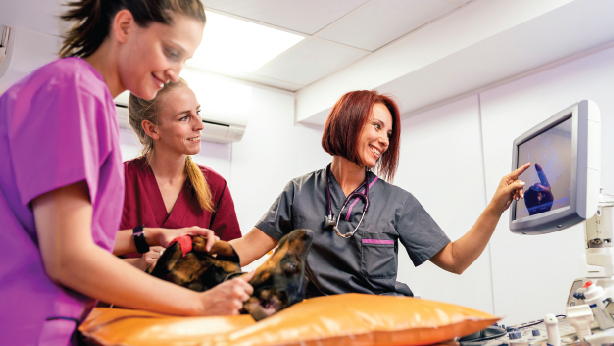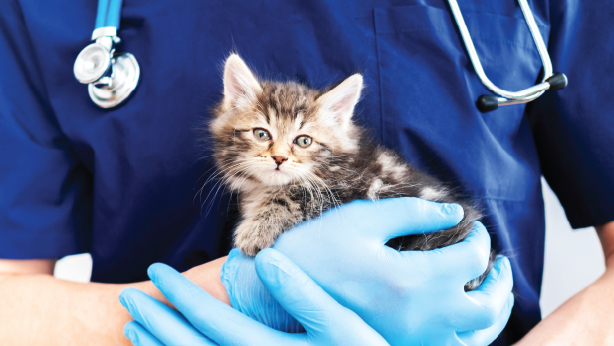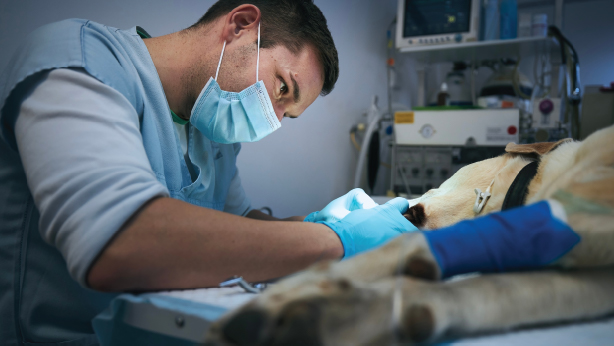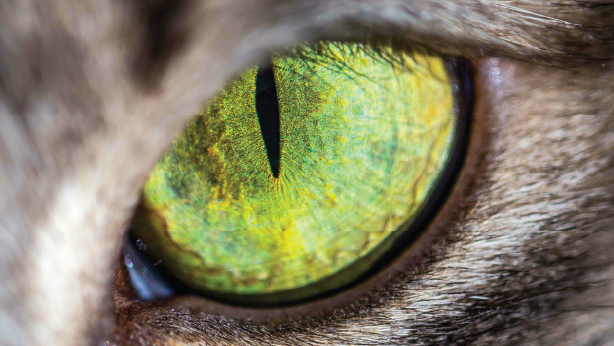
BSAVA offers a portfolio of structured academic qualifications to help you deepen your clinical knowledge and achieve career milestones. Our highly regarded Postgraduate Certificates provide a focused, modular learning pathway in key disciplines such as small animal medicine, surgery, and emergency and critical care, ophthalmology and diagnostic imaging. Developed and delivered by industry renowned speakers, our postgraduate certificates blend academic accuracy with practical relevance, ensuring students feel confident to apply learned skills in practice.





